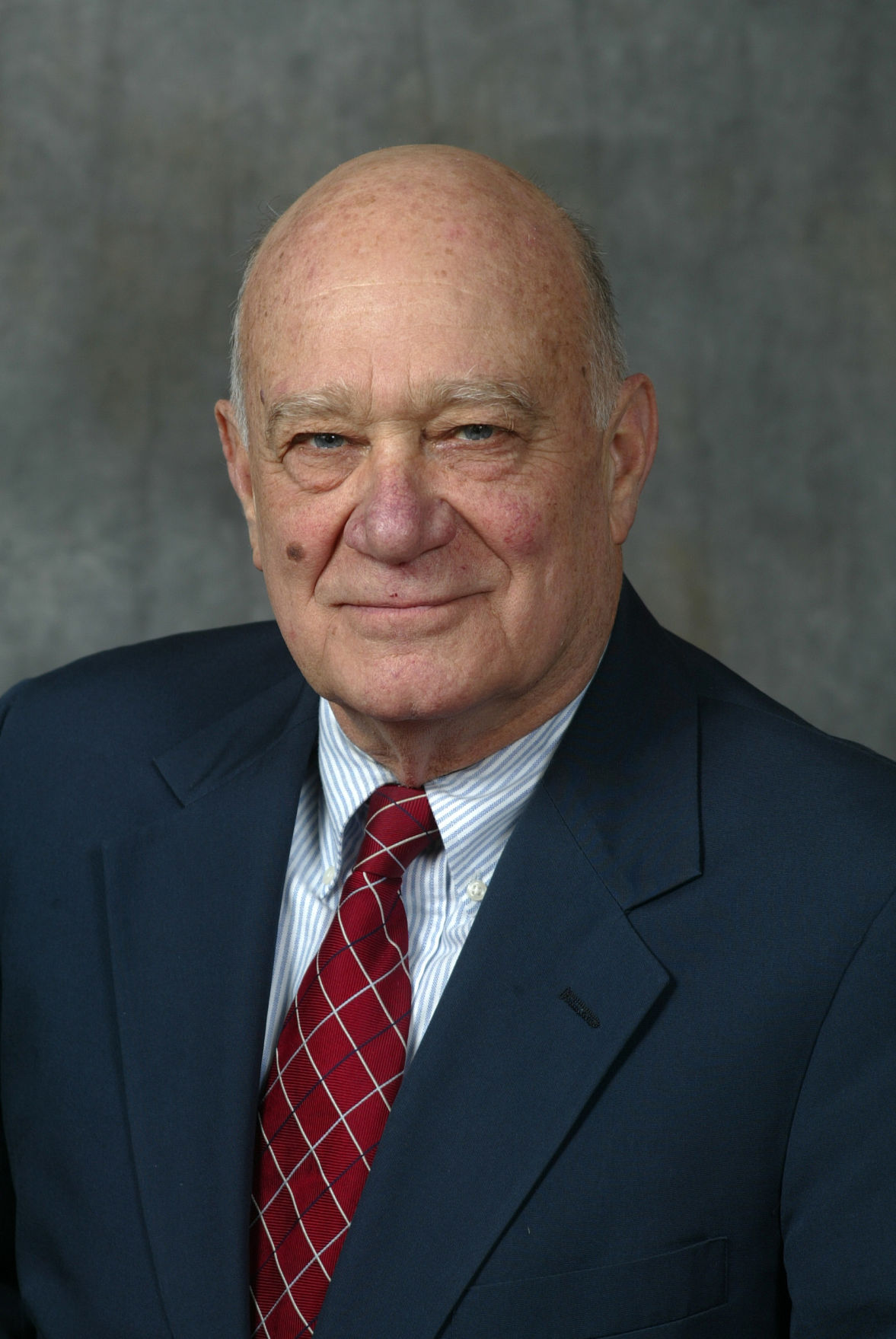The last two words of my first column were “World Serious.”
As with many other perspectives, I learned that phrase from Stan Isaacs, one of my journalistic heroes. Stan guided me to the humorist, Ring Lardner Sr., who warned, nearly a century ago, that American men were not likely to pay attention to politics until the “Fall Classic” of the national pastime was concluded.
Once a World Series champion had been crowned, males might have time and inclination to check out the political scene (that is, before they began the “hot stove league” of talking endlessly about baseball during the winter months).
Historian Bruce Catton has written about the many decades when baseball was “the great American game,” and when Lardner’s World Serious was even more significant.
Lardner used satire to warn that if the baseball season extended too far into the fall, there would be precious little time for the possibility of political attention.
Lardner died in 1933. By 1960, the seventh game of the World Series was played on Oct. 13, closer to Election Day than ever before.
In 2015, however, the seventh game of the World Series was scheduled for November 4, the day after election.
A few weeks ago, Ralph Nader commented, in an interview: “If Americans paid as much attention to politics as they do to sports, we’d have a much better democracy.”
Like many political activists and analysts, Nader is attuned to differences of gender engagement in politics. Do we push a view too far to suggest that sports deflect males much more than females?
Many observers have noted that, for most of America’s history, sports were both a masculinity “right” (the games and competitions were for them), and a masculinity “rite” (a shared ritual of discussing games played together or talking about sports when they were spectators).
Think of the movie, “Diner,” where the guys are bonding. The threat to “that old gang of mine” was seen in “the wedding bells,” sought by females.
Many American men became “bachelor husbands” as anthropologist Lionel Tiger pointed out in his book “Men in Groups.”
This was not because they intended to be sexually unfaithful to their wives but because they relished the companionship of their sports-playing/sports-talking buddies.
In his 1970 movie, “Husbands,” Long Islander John Cassavetes has one of the men say to his buddies, “My wife is even good at sex, but I would rather spend time with you guys.”
“Diner” has a striking scene in which the bride-to-be is forced to study and take a sports test before the wedding can occur.
Could this be considered encouraging if it implied she would be part of their discourse? (What does the classic, male bonding, sports drama, “That Championship Season,” reveal about the interactions of males and females regarding sports, society and politics?)
Surely, since Title 9, more females play sports and excel in competitions.
But do they become “fans” (short for fanatics) the way so many males do.
Because football, especially the NFL, now draws the most fans, and by far the largest number of TV viewers, one wonders whether the gender gap persists because this is a sport almost no women play. (Indeed, some attentive women are calling for a ban on football because it is inherently violent, with disabling injuries and deaths. Some of those female critics are seeking to shame men in their lives for watching football and for not being part of the process to end it.)
Can we be a nation of sports enthusiasts and also be attentive, informed, engaged citizens? When I raise this topic, especially in terms of gender differences, some of my friends are quick to point to Nate Silver and his redoubtable band of statistical analysts at 538.com.
Silver gained fame as one of the most astute political analysts, and went on to launch his “538” web site after beginning “The Upshot” at the New York Times.
Indeed, as I receive, by email, the “FiveThirtyEight Newsletter each morning, I am impressed by the effective investigation of a range of topics.
However, the past project at Harvard (“The Vanishing American Voter”) and Pew reports on Millennials indicate that Silver and his group may be more representative of the larger male population when it comes to sports enthusiasm than to matching 538’s political sophistication.
I received an email responding to my first column from Molly M. “I’ve never actually watched a World Series,” she stated, “but I might make an exception for a ’World Serious.’”
Molly would likely relate to the woman who approached Adlai Stevenson during his second campaign against Dwight Eisenhower in 1956.
She exclaimed: “This time, Gov. Stevenson, you will surely get the vote of thinking Americans.”
Stevenson responded, drily: “That’s not good enough, madam, I am going to need a majority.”
Do American men need more, and different, stimulation to become active and informed citizens?
That is where Jacques Barzun was heading in his famous comment: “Anyone who wants to understand the heart and mind of America must understand baseball.” (Is his judgment still relevant?)



